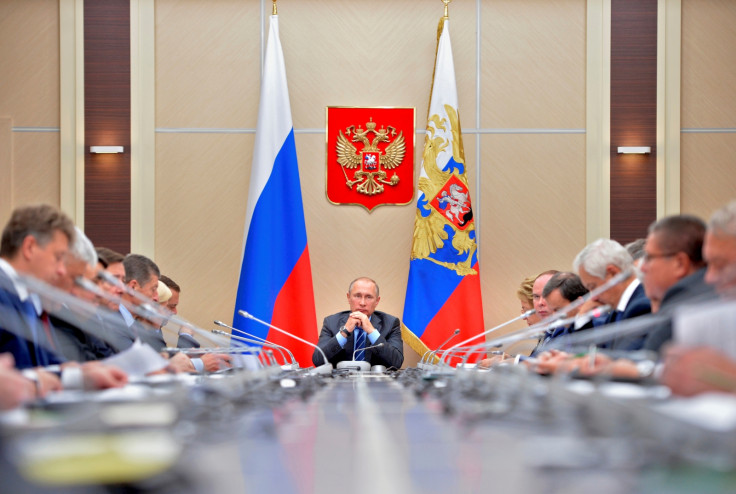Russia gets new Putin-approved information security doctrine following cyberespionage attack fears
The new edition of the doctrine comes on the heels of cyberattacks on major Russian banks.

Russian President Vladimir Putin has approved a new information security doctrine amid cyberespionage attack fears, which were sparked by the recent cyberattacks on major Russian banks.
The new doctrine, which reportedly has already come into effect, is aimed at "strategic restraint and prevention of military conflicts" and at "modernising" the security systems. The doctrine document also warns of a rise in targeted cyberattacks against Russian organisations, including government agencies, military services and scientific, Russian-state media RT reported.
"In accordance with the military policy of the Russian Federation, the main aims in provision of information security in defence are strategic restraint and prevention of military conflicts which could arise as a result of use of information technologies," reads a translated version of the document, according to a report by Sputnik.
The upgrades to Russia's information security doctrine follow allegations made by the Russian intelligence agency – FSB (Russian Federal Security Service), regarding foreign spies plotting to cripple the nation's financial systems by launching massive cyberattacks on major banks.
The Russian central bank recently confirmed that hackers had stolen two billion roubles (over $31m) in a targeted attack. In November, hackers leveraged a massive IoT botnet to launch massive DDoS attacks on five major Russian banks.
Russia's fears of becoming a target of hackers follow similar accusations made by the US. Allegations of cyberespionage attacks linked to Russia made headlines when the US government officially accused the Kremlin of attempting to influence the US presidential elections.
Security experts predict that state-sponsored hacking, particularly from Russia and China is likely to continue well into 2017.
© Copyright IBTimes 2025. All rights reserved.






















